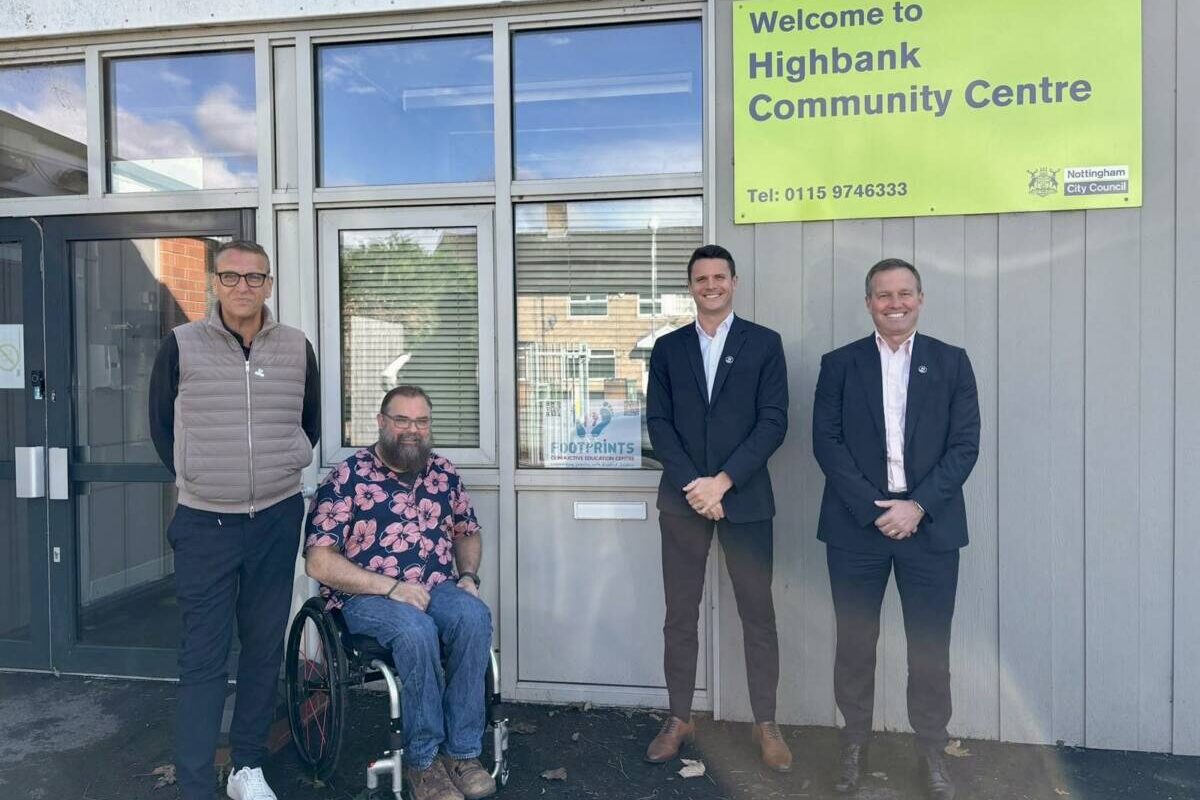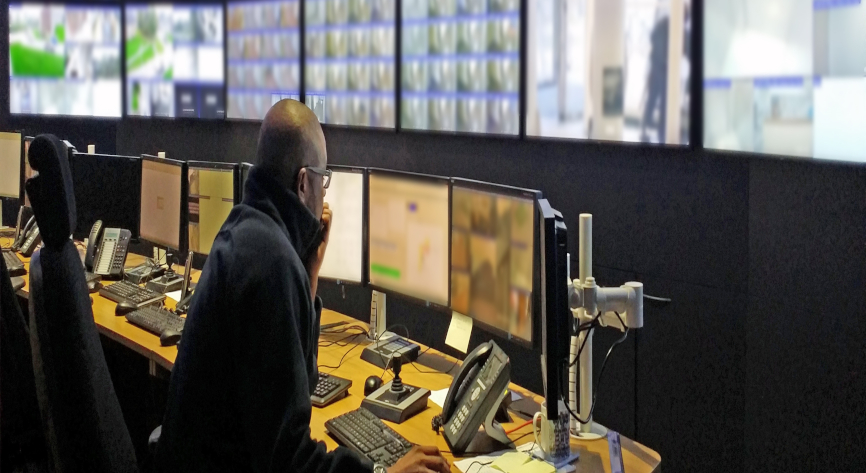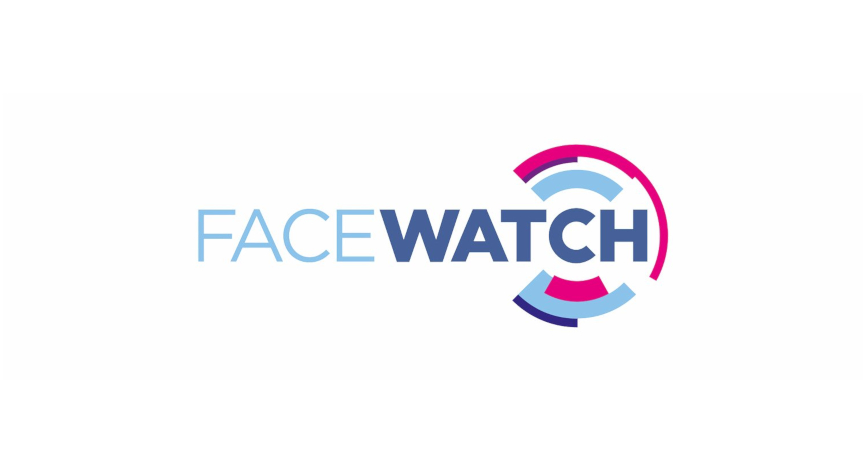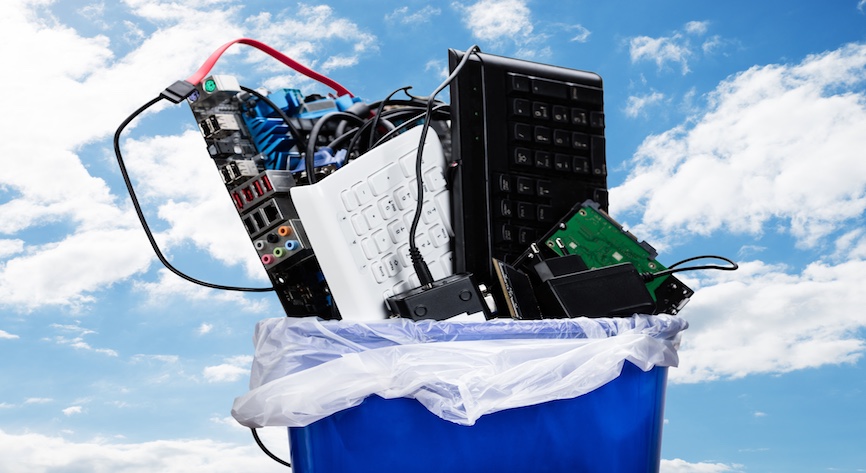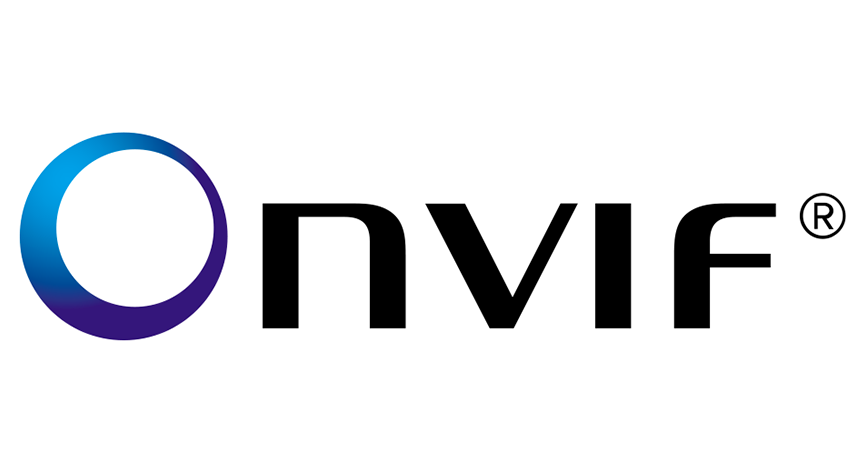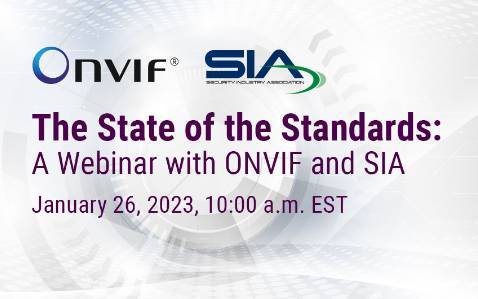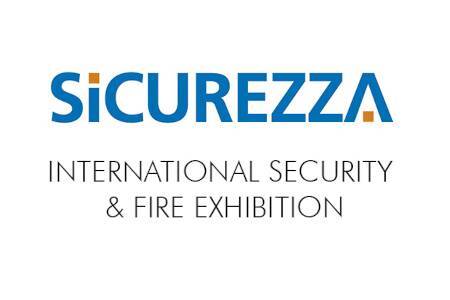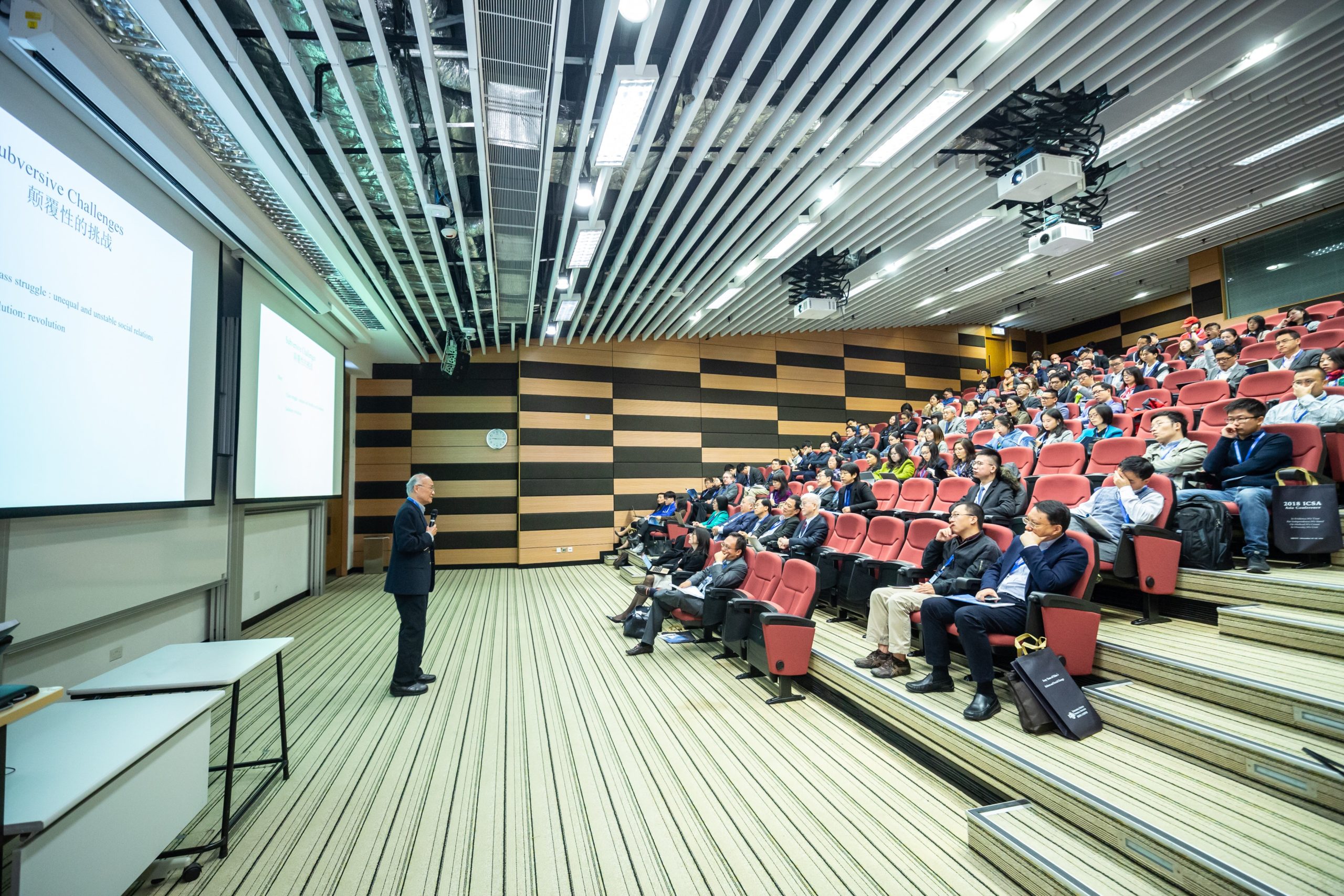EXCLUSIVE: Marwan Khoury, marketing manager Middle East & Africa for Axis Communications talks to SSN Gulf about the issues behind the company’s recently published sustainability report.
Axis Communications has been publishing its Sustainability Report for a few years now, why is it important and what needs does it answer for you as a business?
As global market leader, Axis acts as a role model within our industry. We have good opportunities to influence those around us in relation to sustainability issues, to set standards and promote sustainability.
Meeting our financial targets and showing overall good financial performance is the basis for us to meet the expectations of our stakeholders in terms of sustainability. Stable finances enable us to continue to make long-term investments in line with our strategic plans. We believe that we have a good chance to raise the environmental consideration and sustainability standards across the entire sector.
At Axis, we focus on three areas when it comes to sustainability: environmental consideration, social responsibility (human and labour rights), and business ethics. These areas are based on sound corporate governance.
In its fifth year, the company’s sustainability report describes the progress made in a number of fields such as environmental impact and anti-corruption.
Great progress has also been made in the work on informing and auditing suppliers in order to ensure compliance with Axis’ Supplier Code of Conduct.
What were the most interesting findings of the 2014 report? How will they impact what you do moving forward?
In this year’s report, Axis has changed over to the new G4 reporting standard, which is an update of the leading rules for sustainability reporting drawn up by the Global Reporting Initiative. As part of Axis’ transition to the new reporting standard, the company has initiated dialogue with key target groups and stakeholders, which have provided important insights that can be used to continue improving the company’s long-term sustainability work.
During 2014, we held a series of internal workshops with our Sustainability Project Group in order to identify relevant aspects, as well as to plan the involvement of external stakeholders.
A compilation of the results was thereafter discussed in the Sustainability Council, and we have identified a set of material issues under each of our main sustainability areas: Environmental Responsibility, Social Responsibility and Business Conduct.
During 2015, we will complete our materiality analysis with a more thorough coverage of our stakeholders and by using this first G4-based report as a basis for dialogue.
The world is changing fast – what environmental or social trends do you think will have the most impact on the security industry in the next few years?
Human activities are altering the carbon cycle—both by adding more CO2 to the atmosphere and by influencing the ability of natural sinks, like forests, to remove CO2 from the atmosphere. While CO2 emissions come from a variety of natural sources, human-related emissions are responsible for the increase that has occurred in the atmosphere.
Several activities related to Axis’ operations generate carbon dioxide emissions which have an impact on the global climate. Therefore, Axis aims to take responsibility in these areas, as well as in the manufacturing and design of our products. Part of this work is to reduce our overall carbon footprint and to put stringent demands on our suppliers. By annually monitoring and reporting our carbon dioxide emissions, we get an idea of which processes generate the most emissions and where we need to focus our attention to reduce our impact.
A reduction of our total footprint Compared to 2013, Axis’ carbon footprint 2014 decreased from 18,829 to 16,369 tons CO2e, a decrease by 13%. The decrease is mainly explained by a drastic decrease of greenhouse gas emissions caused by freight transports – a decrease of 20%. However, accounting for the fact that five Configuration and Logistics Centers have been added to our reporting scope, emissions have decreased from 18,829 to 17,209 tons CO2e, a decrease of 8.6%. We have also included a number of offices in the Eastern Europe region in the 2014 footprint report. The reporting scope has a significant impact on the total carbon footprint and related key performance indicators (KPIs).
At the same time, Axis has grown, including considerable increases in product sales, number of employees, and in terms of extension of our facilities. Despite of this growth and expansion, total emissions per employee have decreased considerably from 10.4 ton CO2e, to 6.9 ton CO2e (CO2e incl. third party deliveries). Emissions generated by Axis employees, such as energy use and business travel (except third party deliveries), have also decreased slightly, from 2.7 CO2e to 2.3 tons CO2e. Emissions relative to sales have decreased from 3.99 tons CO2 to 3.20 ton CO2 per SEK 100M.
What red flags would you raise to the industry?
In this growing market, and with the existence of dozens of nationalities across the region, a number of studies have shown the effectiveness of video surveillance in reducing crime, allowing emergency situations to be responded to faster and more effectively, and providing additional levels of safety and security across private and public sites.
We are working with our partners to raise awareness on the importance of video surveillance and security solutions in both private and public properties – Good surveillance systems and solutions will help increase the safety of the residents.
Any other comments you would like to make on the report?
Axis’ business and products influence the lives of people across the world, as our whole business idea is to contribute to a smarter and safer world. But our company’s social responsibility also includes different types of social engagements, ranging from charity and sponsorships to more direct engagements in local communities. This includes activities supporting education, environmental engagements and more.



